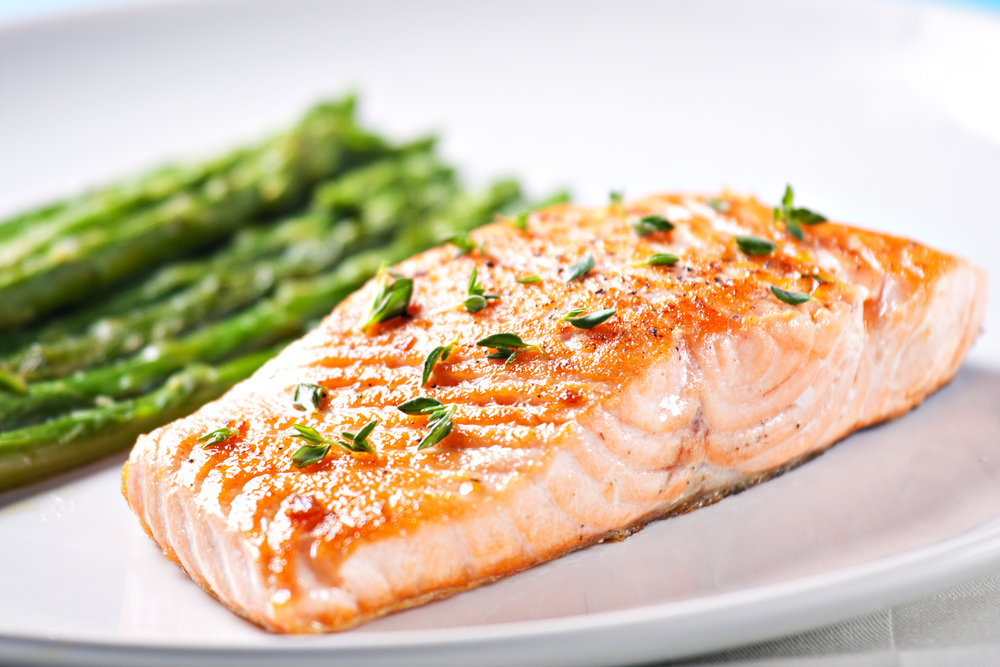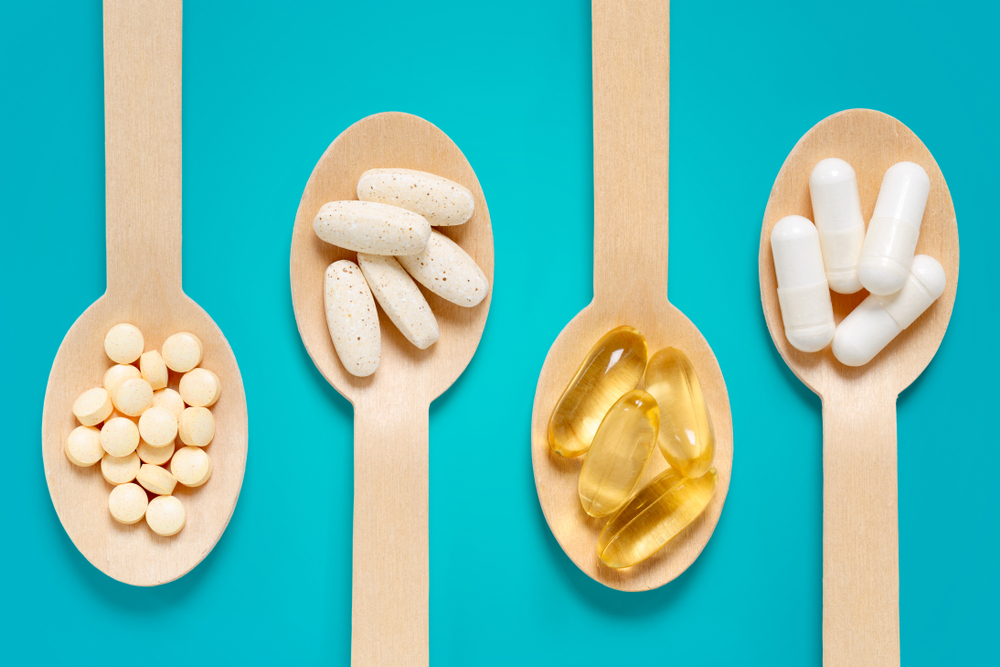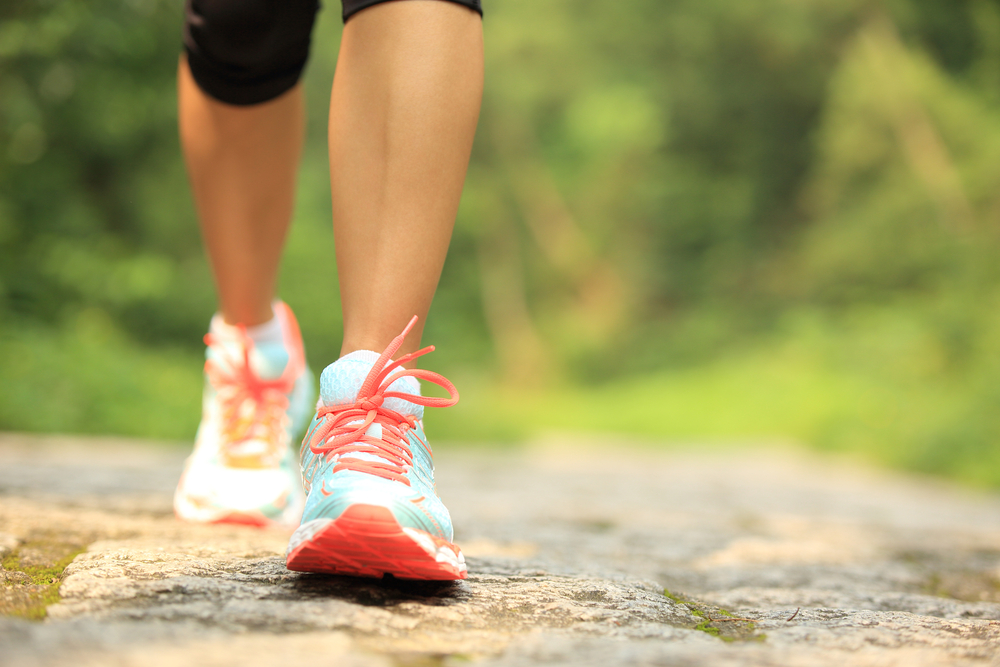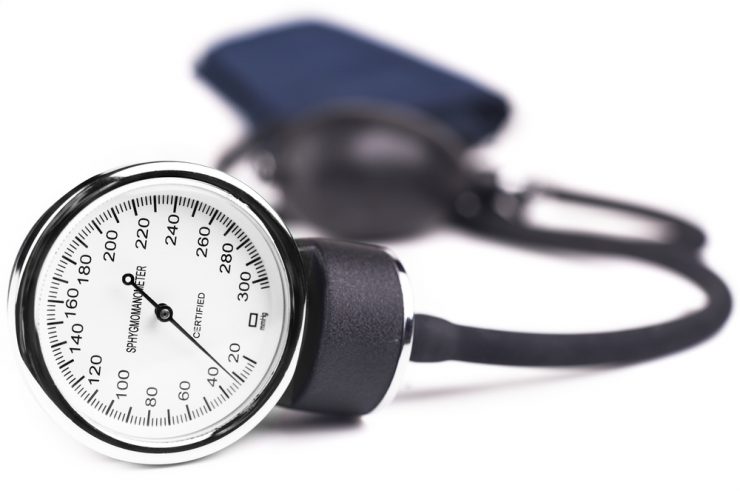“I’m a 50-year-old lady with, what I think, is a reasonably healthy diet. I try to exercise about three times a week, although I do have a busy and stressful job, which can sometimes get in the way of my activities. However, when I recently had an annual health check-up, the doctor said my blood pressure was elevated – 148/90 – which he categorised as ‘moderate hypertension’. I’m very reluctant to go onto medication as I feel that with some lifestyle and dietary modifications, I should be able to reduce it. Can you help please?”
Clinical Nutritionist Suzie Sawyer answers:
Your question comes at a good time as it’s World Hypertension Day during May and this is clearly a common health issue for many people, regardless of age or sex. However, in general Blood Pressure (BP) does tend to slightly rise with age.
Dietary changes
Essentially, the most important piece to supporting raised blood pressure is making sure your diet is good. There is much research to suggest that the typical Mediterranean diet is very effective at reducing BP. That means plenty of oily fish (at least three or four times per week eating salmon, sardines, mackerel, or pilchards).

Eat whole grains, rather than processed, and plenty of colourful fruits and vegetables, especially tomatoes, nuts, and seeds. Try to minimise or avoid red meat altogether for the time being (especially processed meats such as bacon and ham) and overall eat a more plant-based diet.
Managing stress
Clearly, stress can raise BP, and whilst I’m sure it’s not possible to change your job, it’s about putting measures in place that help to mitigate the stress. Sometimes deep breathing techniques or doing more relaxing and mindful exercise such as yoga and Pilates can help.

I would also recommend the herb Rhodiola rosea, which can easily be purchased as a Licensed Medicinal Herb in good health food shops. Whilst it’s not indicated for high blood pressure, it can certainly help the body cope better with stress.
Other helpful supplements
There are also a number of supportive nutrients with the mineral magnesium being top of the list. Known as the ‘relaxing one’ magnesium is important for regulating blood pressure and can be taken in supplement form to boost levels.

The essential omega-3 fatty acids, which are rich in oily fish, are also needed to keep blood free-flowing through the arteries. You’ll hopefully be eating oily fish but it’s also worth taking an omega-3 supplement too, as the body can’t make them. If you’re vegetarian, you can take a supplement of omega-3s from an algae source. This of course is even more important if you don’t eat fish. Flaxseeds are also a good source of omega-3s.
There is also good research on taking a supplement of CoQ10 for reducing blood pressure. The body can make CoQ10, but this is reduced as we get older, and research certainly confirms its effectiveness.
Exercise
With regards to your exercise regime, I know you’re active but do make sure that you are doing some cardiovascular exercise that raises the heart rate a couple of times a week. Even brisk walking will do this and is probably one of the best forms of exercise you can do. Try to include a lunchtime walk every day if you can.

Hopefully these changes will help reduce your blood pressure and negate you needing to take medication.


























Add comment